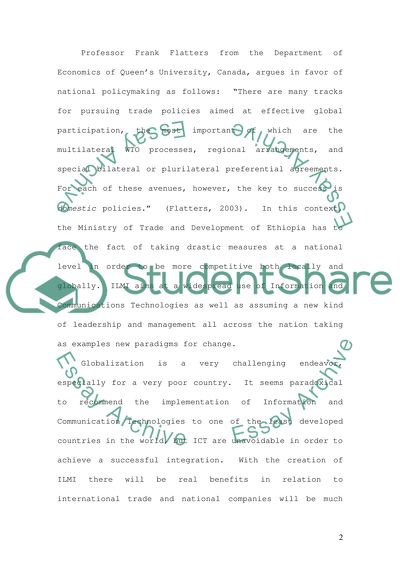Cite this document
(“Strengthening Africa Essay Example | Topics and Well Written Essays - 2500 words”, n.d.)
Strengthening Africa Essay Example | Topics and Well Written Essays - 2500 words. Retrieved from https://studentshare.org/miscellaneous/1512528-strengthening-africa
Strengthening Africa Essay Example | Topics and Well Written Essays - 2500 words. Retrieved from https://studentshare.org/miscellaneous/1512528-strengthening-africa
(Strengthening Africa Essay Example | Topics and Well Written Essays - 2500 Words)
Strengthening Africa Essay Example | Topics and Well Written Essays - 2500 Words. https://studentshare.org/miscellaneous/1512528-strengthening-africa.
Strengthening Africa Essay Example | Topics and Well Written Essays - 2500 Words. https://studentshare.org/miscellaneous/1512528-strengthening-africa.
“Strengthening Africa Essay Example | Topics and Well Written Essays - 2500 Words”, n.d. https://studentshare.org/miscellaneous/1512528-strengthening-africa.


